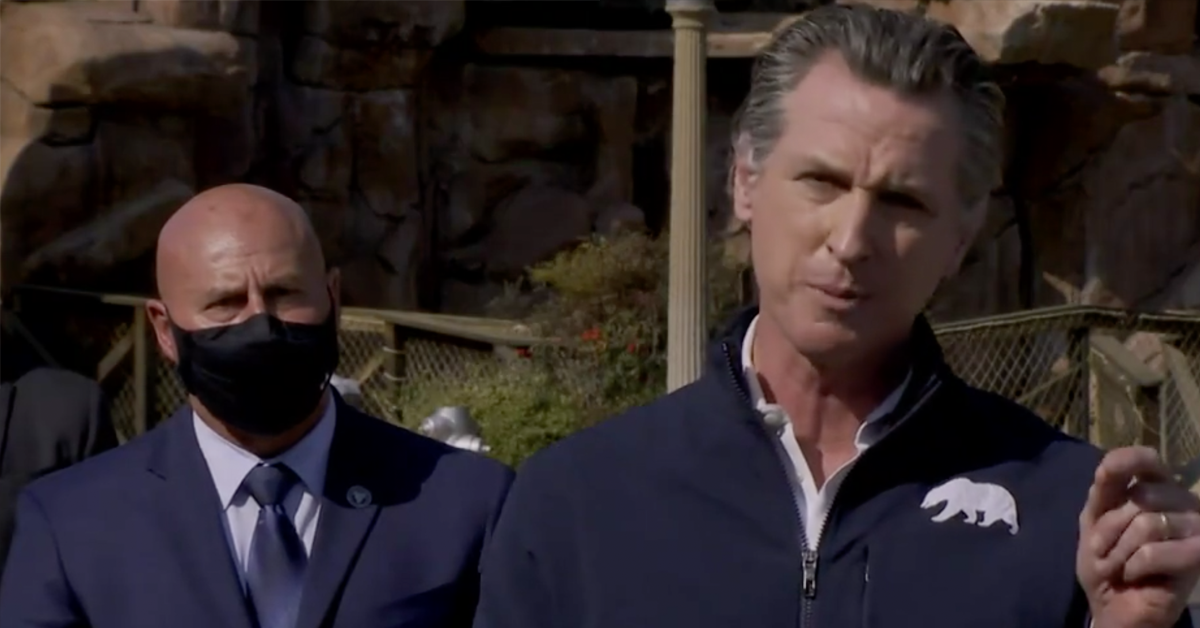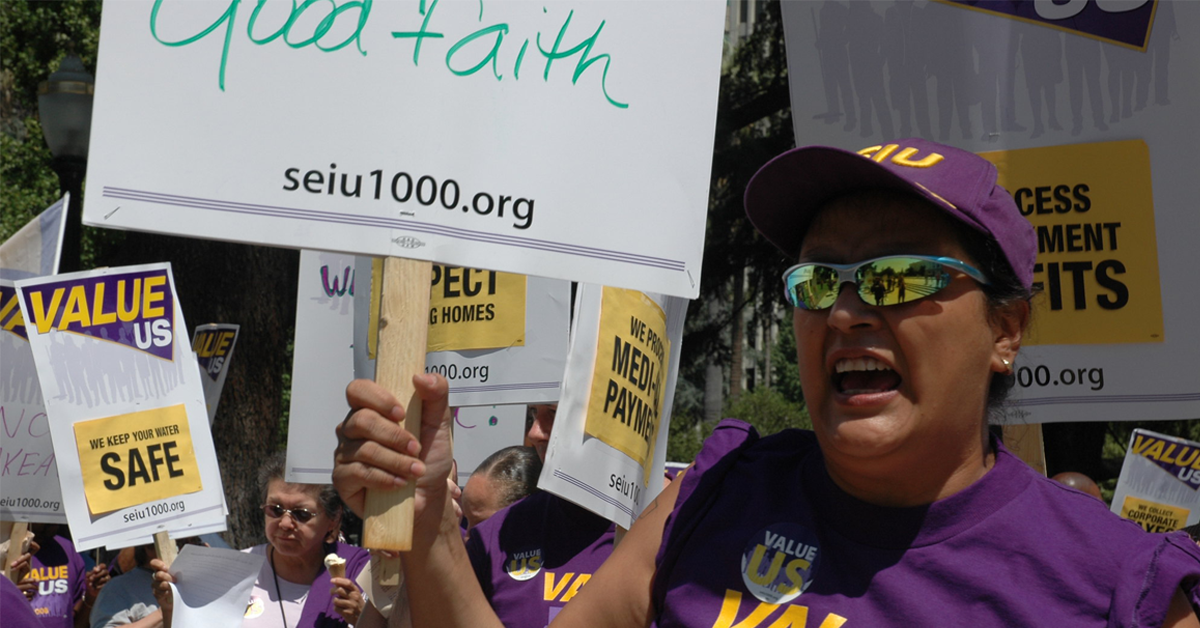Along with a candidate’s name, the two most important pieces of information California voters look at before casting their vote on a given ballot are simple: Party registration and ballot designation.
The latter, a three-word puzzle harnessed by the most creative of political operatives to craft a last-second image of a candidate, has often led to courtroom battles over their legitimacy or legality.
But, for possibly the first time, a candidate’s party preference displayed on the ballot is the subject of litigation.
That candidate? Gov. Gavin Newsom.
His party preference? None.
Newsom, arguably the state’s most-visible Democrat, is currently slated to appear on the 2021 Recall ballot with no party preference due to a simple filing error.
Yes, even the Governor of California is not immune to paperwork snafus.
Monday, he launched a lawsuit against California’s Secretary of State, Dr. Shirley Weber, to correct the error.
Weber rebuffed a formal request from Newsom, who handpicked her for the job earlier this year after Alex Padilla was named to the U.S. Senate.
The suit, filed Monday in Sacramento County Superior Court, was first reported by Courthouse News.
How did this happen?
The fumbling tale begins on Oct. 8, 2019, when Gov. Gavin Newsom signed Senate Bill 151 into law.
The bill, now law, enabled partisan public officials subject to a recall election the ability to display their party preference on the recall ballot. While approved in 2019, it wouldn’t come into effect until Jan. 1, 2020.
The law has a unique hitch: the to-be-recalled elected official must indicate whether to display his or her party affiliation on the recall ballot when they file their answer to the recall effort.
By law, that answer date is seven days after the Secretary of State issues a Notice of Intention for a Recall.
For the current 2021 recall effort, Newsom filed his answer on Feb. 28, 2020 – 16 months ago. The recall answer did not include Newsom’s party preference.
Weber, for her part, has been steadfast in her unwillingness to bend the rules and accept a declaration of Newsom’s party affiliation 16 months after the deadline, even for the Governor who appointed her to the position.
“The Secretary of State’s office has a ministerial duty to accept timely filed documents. Acceptance of filings beyond a deadline requires judicial resolution,” Weber’s spokesman Joe Kocurek told the legal publication.










